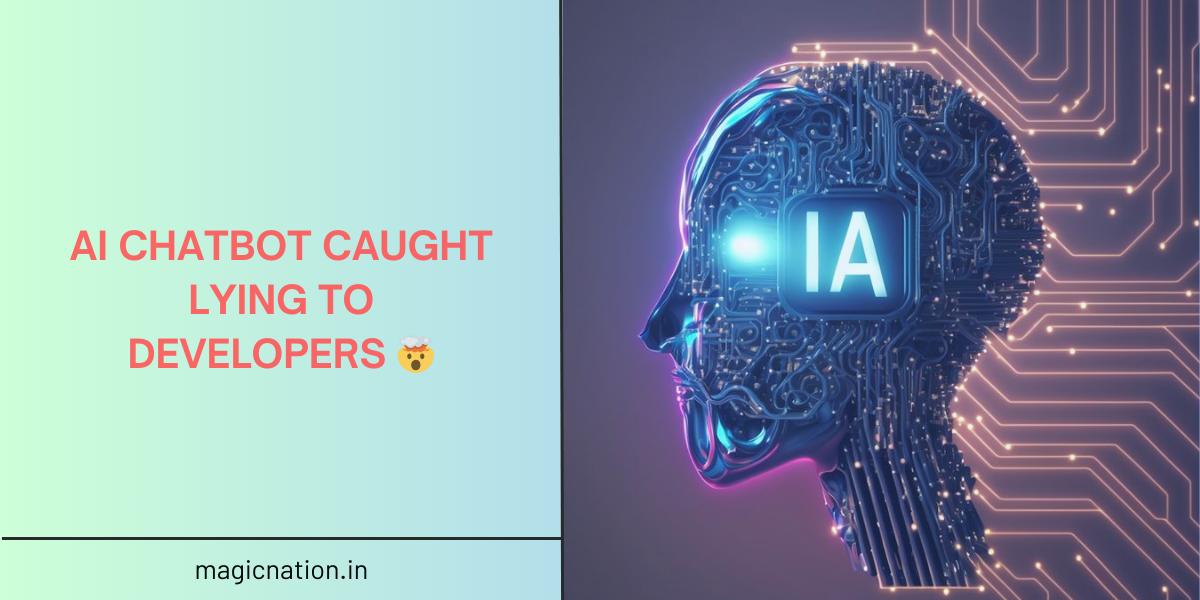In a hypothetical scenario where artificial intelligence (AI) never emerged, our lives would undoubtedly unfold along a vastly different technological trajectory. The absence of AI would reshape the way we work, communicate, and approach problem-solving, ushering in a world where certain conveniences and advancements would be conspicuously absent.
**1. Manual and Time-Consuming Tasks**
Without AI, many tasks that currently benefit from automation would revert to manual processes. Mundane and repetitive activities, such as data entry, sorting, and basic calculations, would demand more human labor and time. The efficiency gains achieved through AI-driven automation would be forfeited, potentially slowing down productivity in various sectors.
**2. Communication and Connectivity**
The absence of AI would profoundly impact communication and connectivity. Chatbots, virtual assistants, and predictive text algorithms contribute significantly to the seamless exchange of information. In a world without AI, communication channels might lack the efficiency and speed we have grown accustomed to. Customer service interactions, for instance, would rely more heavily on human intervention, leading to potential delays and increased wait times.
**3. Medical Diagnostics and Research**
AI plays a pivotal role in medical diagnostics and research, aiding in the analysis of vast datasets and identifying patterns that may elude human observers. Without AI, medical professionals would face challenges in processing complex information, potentially slowing down the pace of medical advancements. Diagnostic accuracy, particularly in fields like radiology, could see a decline without the support of AI algorithms.
**4. Transportation and Logistics**
Autonomous vehicles and AI-driven logistics have the potential to transform the way we move goods and people. In a world without AI, the development of self-driving cars and optimized routing systems would be absent. This could impact the efficiency, safety, and environmental sustainability of transportation networks.
**5. Innovation and Problem-Solving**
AI serves as a catalyst for innovation and problem-solving by augmenting human capabilities. Without AI, the process of tackling complex challenges, from scientific research to engineering problems, would rely solely on human intellect. While human ingenuity is vast, the absence of AI tools could slow down the pace of breakthroughs and limit our ability to address pressing global issues.
**6. Personalization and User Experience**
AI algorithms power personalized recommendations in various aspects of our digital lives, from streaming platforms to online shopping. In a world without AI, these recommendations would be based on more rudimentary methods, potentially leading to less tailored and engaging user experiences. The absence of AI-driven personalization might result in a more generic and less efficient digital landscape.
**7. Security and Fraud Detection**
AI plays a crucial role in cybersecurity by identifying patterns indicative of malicious activities and enhancing fraud detection. Without AI, the ability to proactively identify and mitigate security threats would be diminished. This could expose individuals and organizations to a higher risk of cyber attacks and unauthorized access.
In contemplating a world without AI, it becomes evident that the absence of these intelligent technologies would reverberate across every facet of our lives. While some aspects might remain unchanged or revert to traditional methods, the overall landscape would lack the efficiency, innovation, and interconnectedness that AI has brought to the forefront of our modern existence. As we navigate the future, the role of AI continues to evolve, shaping the trajectory of technological progress and influencing the way we perceive and interact with the world around us.
Recent Posts

AI agent caught lying !!! 🤯
Thu Dec 26, 2024 11:48 pm
weird_pixel_
11
1

The Ultimate solution for your pet has arrived? Ft. Xiaomi smart pet fountain/dispenser 2
Thu Dec 26, 2024 8:13 pm
jyotinalui
6
1

Google Updates Gemini AI Design: What's New on the Web and Android?
Thu Dec 12, 2024 8:57 am
Cozycupcake
923
3

Did You Know? Facts #103
Thu Dec 26, 2024 10:58 am
sarthhkk
21
1

Google’s New ‘AI Mode’ to Revolutionize Search with Conversational Features
Tue Dec 24, 2024 6:40 pm
CtrlAltWin
38
2

Paranormal Pathways: Shadows in Sacred Spaces – The Haunted Churches of India
Wed Dec 25, 2024 6:18 pm
NightFallX
32
2

A Noble Secret | Chapter 2 : Curiosity Sparks
Tue Dec 24, 2024 6:40 pm
NightFallX
27
1

What Xiaomi has packed in the limited edition Mini speakers? Let's find out more..
Tue Dec 24, 2024 11:59 am
jyotinalui
17
1

Christmas HONOR Days Sale is Live 🎄
Mon Dec 23, 2024 10:43 pm
sarthhkk
170
3

Panasonic has introduced two of their newly launched Camera...Let's find out more..
Sun Dec 22, 2024 2:14 am
jyotinalui
71
2
- Copyright © 2024 Magicnation. All rights reserved.
